FiveThirtyEight.com senior writer Clare Malone took her audience at Amherst College’s Stirn Auditorium Tuesday night through a story of identity politics over the last decade, and looked ahead to how identities will come into play in the coming years’ elections.
Taking the stage in front of a crowd of roughly 50 people, Malone began the event with a half hour crash course on how identity has impacted Democratic politics since Barack Obama’s election.
Her talk started with the idea of the “Obama-Trump voter” – someone, she said, who is generally “short-handed or stereotyped” as a middle-aged white male living in the upper Midwest.
Malone took the audience through the movement of these voters between 2008 and 2010. Prior to Obama’s presidency, less sympathetic views on minorities were split between the two major parties. But by 2010, a noticeably higher number of Republicans felt African-Americans could improve their predicament by “working harder,” she said.
The Obama presidency “helped people determine into which party their views on race belonged,” Malone said.
According to Malone, when then-presidential candidate Donald Trump entered the Republican -primary in 2016, he capitalized on racial tensions and won the election, despite the original goal of the GOP to move toward the political center to attract a more diverse coalition.
“Race has proven to be an effective, if ugly, motivator,” she said.
Malone then shifted to covering gender within politics, with a focus on the 2016 election. The question of whether Hillary Clinton was “likeable” was in hindsight “sometimes sexist,” she said.
She also added that “political media conferred status on [Sen. Bernie] Sanders” which boosted his early campaign. This contrasted with coverage of Clinton’s email server which Malone said, while it was a significant story, was given a “false equivalence.”
Another major identity story that Malone addressed was the “Year of the Woman,” referring to the 117 women elected to Congress in the 2018 midterms. Considering that the Democratic electorate is 60 percent women and that there was a 23 point gender gap in 2018, gender identity will play a central role in 2020, she said.
When discussing the current female presidential candidates, Malone said that what she finds interesting is “how these women are representing their womanhood.”
Elizabeth Warren, for example, is leaning into the role of women who are angry at Trump, she added.
Looking to the 2020 election, Malone also predicted that voters will see a media that is balancing covering President Trump with trying to appear nonpartisan, along with a motivated Democratic electorate and the “political activation” of white identity.
Transitioning, Malone discussed how FiveThirtyEight has been looking ahead to the 2020 election.
“We’ve been trying to figure out how Democratic candidates can win the primary because the electorate is relatively fractured,” she said, referencing the commonly used “Big Tent” description of the party.
FiveThirtyEight’s Editor-in-Chief Nate Silver came up with a set of five labels for Democratic primary voters, Malone said, which include “Party Loyalists,” “The Left,” “Millennials,” “Black Voters” and “Hispanic/Asian Voters.” For many candidates, the site has drawn up a path to nomination that looks at how the candidate can build a coalition amongst those groups.
Following her prepared remarks, Malone opened the floor to the audience and fielded questions ranging from how Americans read and interpret news to how the 2020 election may play out.
One of the first questions addressed was about how the digital media landscape affected the 2016 election, which Malone called the “Twitter Election” in her response. Trump received a lot of “earned media,” meaning publicity gained outside of paid advertising. Also in that election was the emergence of fringe sites, like Breitbart, into the national spotlight, she said.
“2016 was driven by national coverage and what it meant nationally was a clash of personalities,” Malone said. But on a regional level, this left a lot of people without a clear picture of how the election would impact them personally, she added.
Ben Gilsdorf, president of the Amherst College Democrats, the group that hosted Malone, said after the event that the club invited her in order to hear from a journalist who “offered a perspective on the 2020 race that challenges the norm of political journalism.”
“We thought that bringing her in would allow people to ask questions about identity politics and their intersection with journalism that will help us to be more informed in the lead-up to 2020,” Gilsdorf added.
Brennan Waters, a senior math and computer science major at UMass, said that he came to the event because he reads a lot from FiveThirtyEight and likes its data-driven approach.
“[Malone] talks on the FiveThirtyEight podcast about identity and I thought it’d be really interesting to hear her perspective on it in person,” Waters said.
As a prediction for the upcoming election, Malone said that outlets are taking steps to improve their coverage, but the negative identity politics are not going away.
“What you’re going to see in 2020 is 2016 on steroids,” she predicted. A front row audience member whispered “Jesus” under their breath.
Will Katcher can be reached at [email protected] and followed on Twitter at @will_katcher.

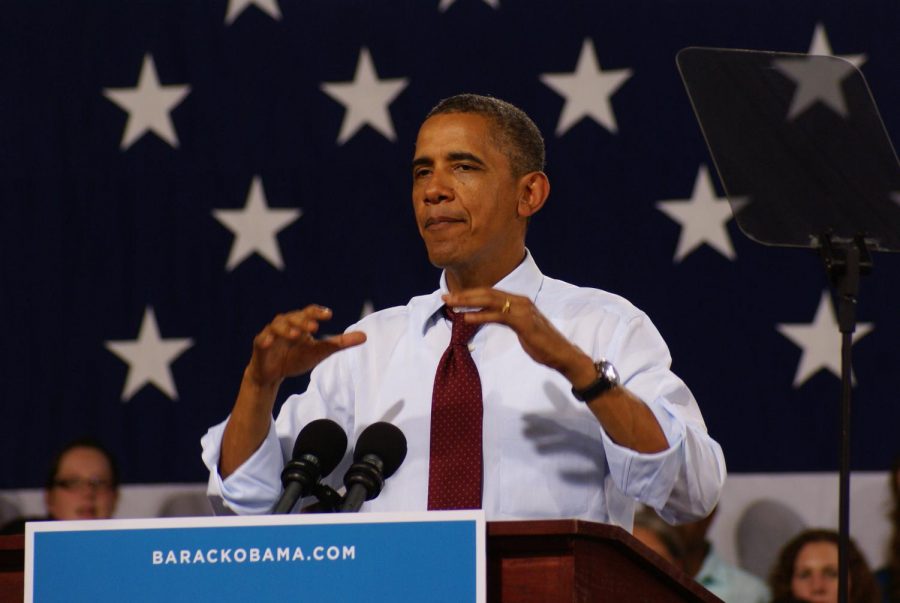







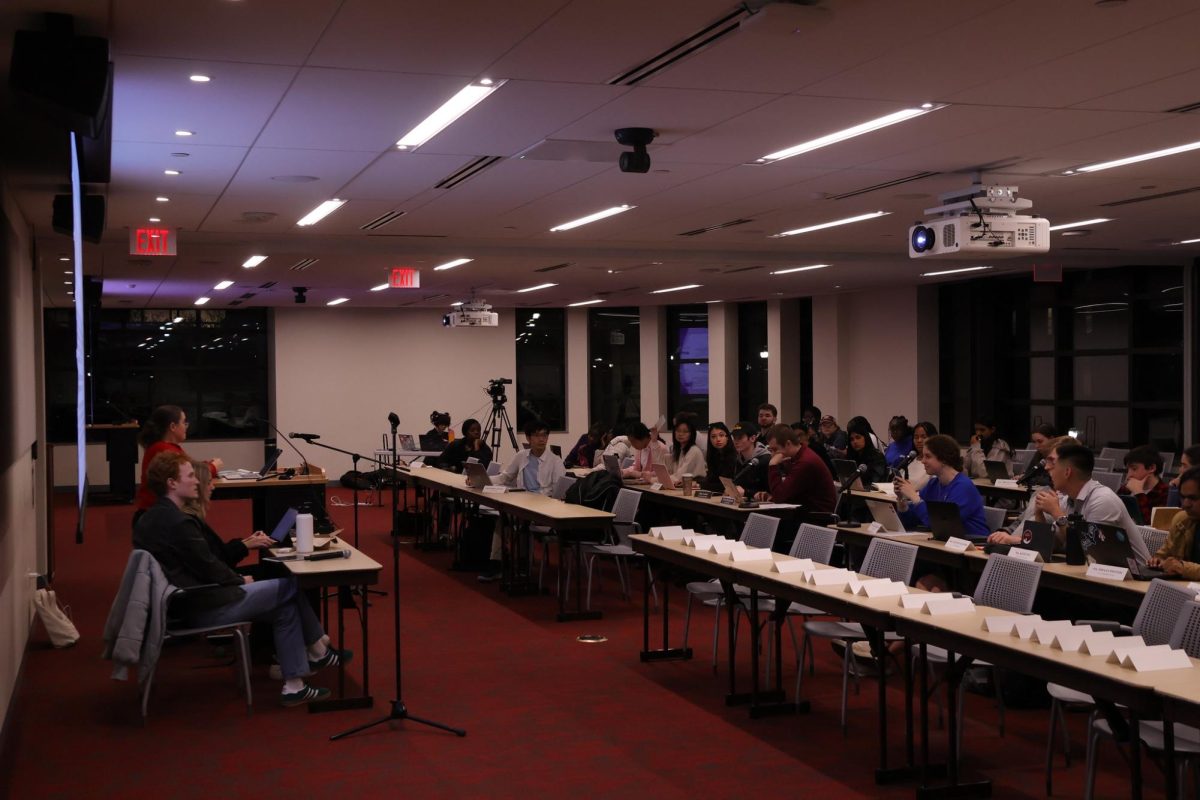
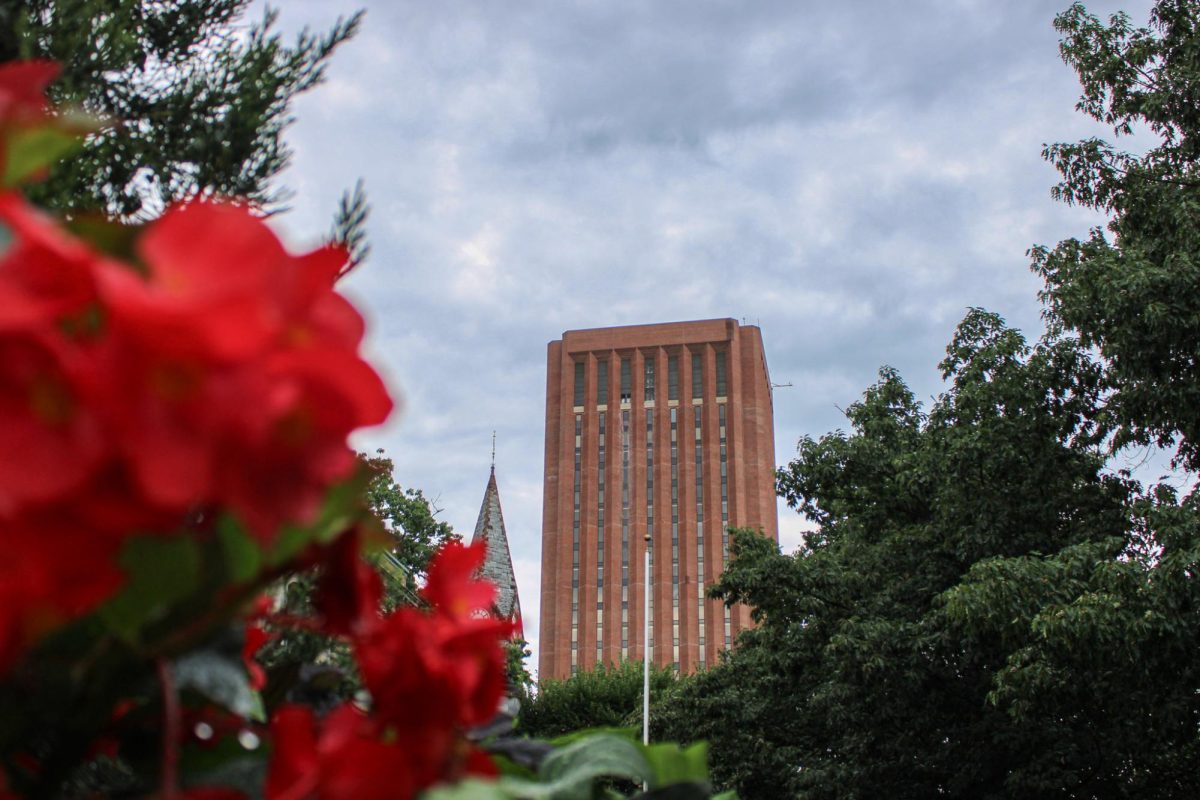


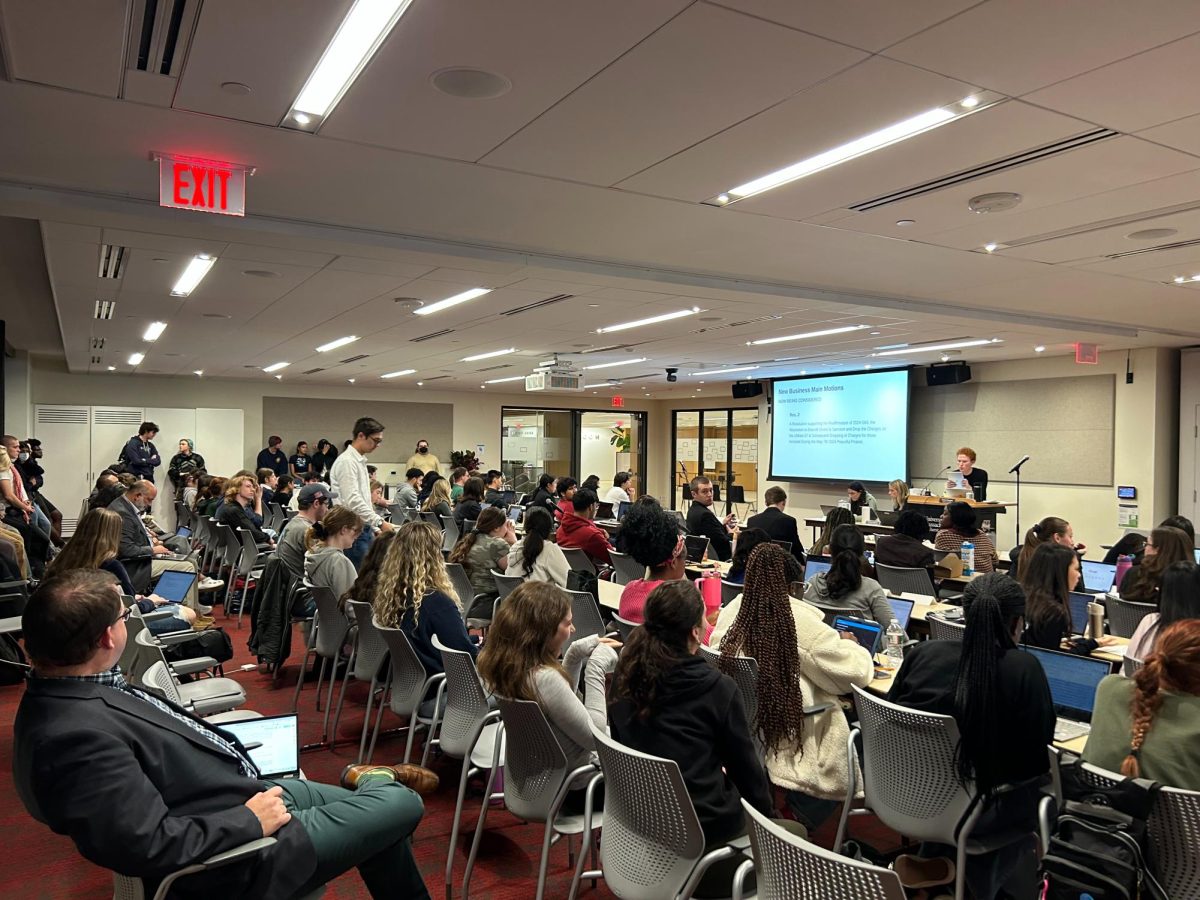

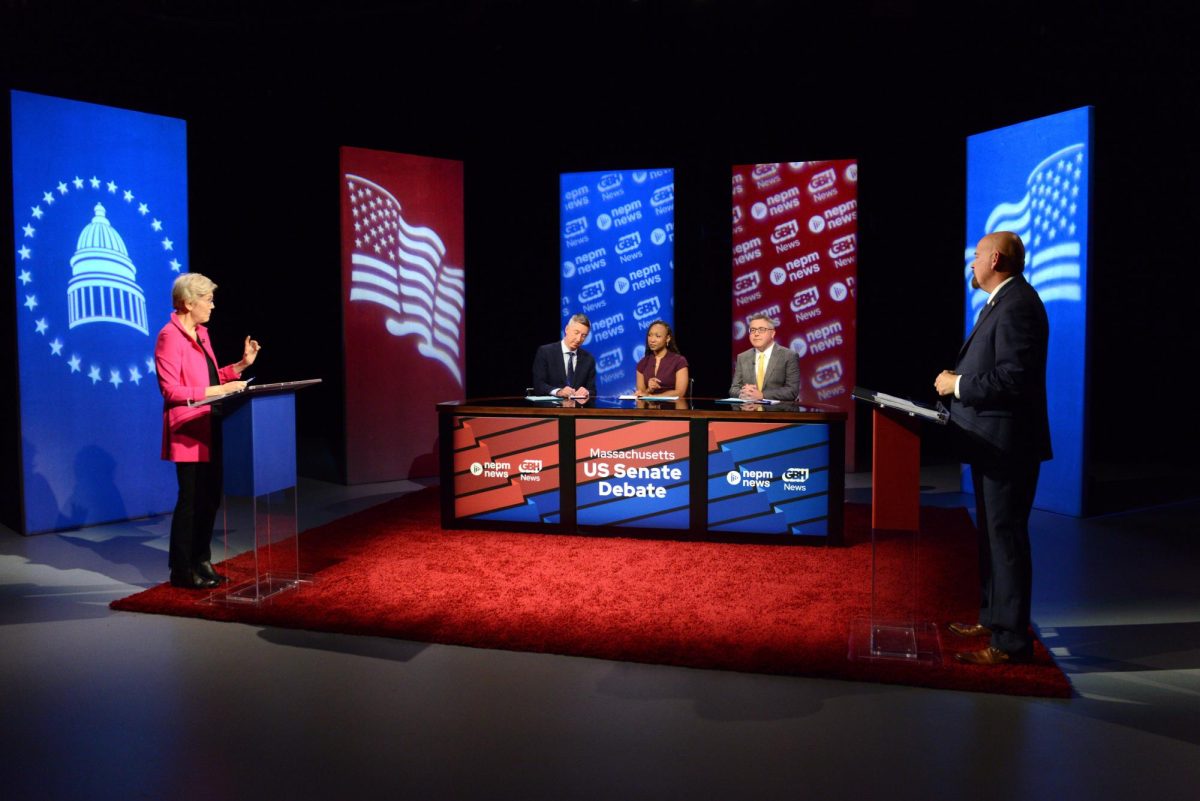
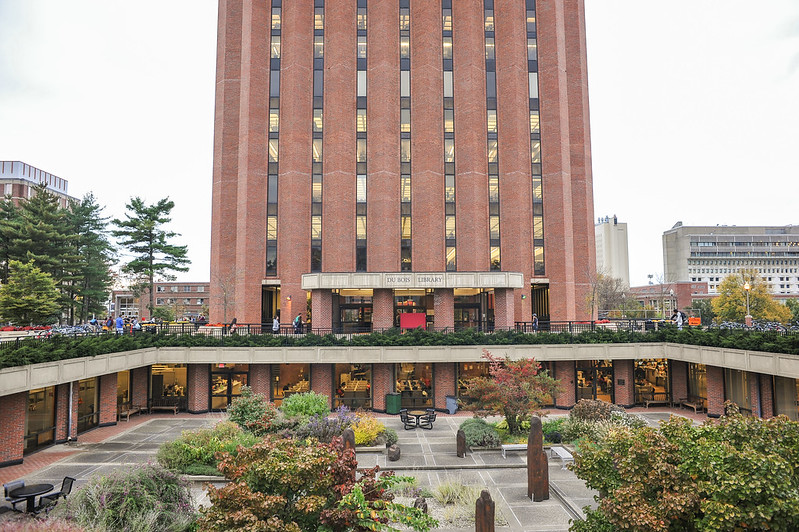



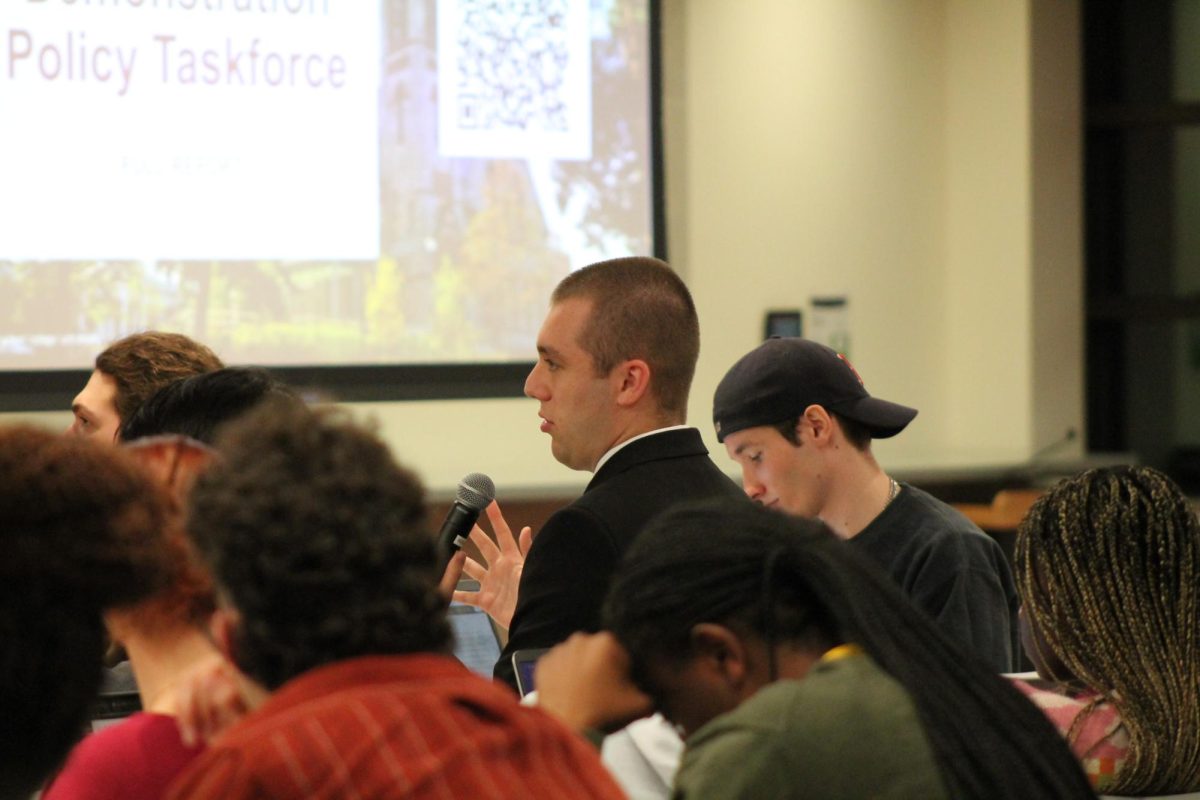
amy • Mar 27, 2019 at 1:31 am
Identity politics led to the resurgence of white nationalism. And it will eventually lead to the return of white supremacy, which is different from white nationalism or racism. Racism require an overt act, white nationalism is advocating a nation for only white people. This is not unlikely to return and what is truly stopping it is a taboo, it’s not any law or politics. White nationalists if they were in power could simply change the laws or political system.
White supremacy is white people dominating every field and not letting other people in simply because they can and defining every issue. Now America has been very tolerant the past few decades to minorities and part of this has to do with desegregation and martin luther king jr, before desegregation the only significant minorities were black people and native Americans, but a change in policy allowed more minorities to come in and end quotas for European countries. It ultimately had to do with a change in a position, which is that you should judge people on who they are and not the color of their skin…
Famous words and social compact that liberals have torn apart and what to martin luther king and people in civil rights movement would have been unbelievable and seen as racist ,is exactly the position that liberals and ‘identity politics’ adopts. You should judge people on their color of skin.
So now the social compact has been broken and so why shouldn’t white people act in the interest of other white people? Why shouldn’t they judge on the basis of skin color? Why should’ve they be exclusive? They don’t like social justice and diversity, why should they agree to it?
The social compact has been broken and it’s only a matter of time, that you have white people again gaining a totally dominant position, because instead of politics being about policy, rational choices, facts, instead of a member of society being judged by their character, its about their skin color; an identity driven politics benefits white people ultimately and you will see a full resurgence of this sadly.
Trump is just the beginning, he is just a opportunist, he doesn’t really care about race either way, but there are people far more serious and now the floodgates is open. And we have wacko liberals to thank